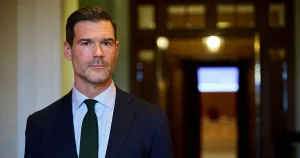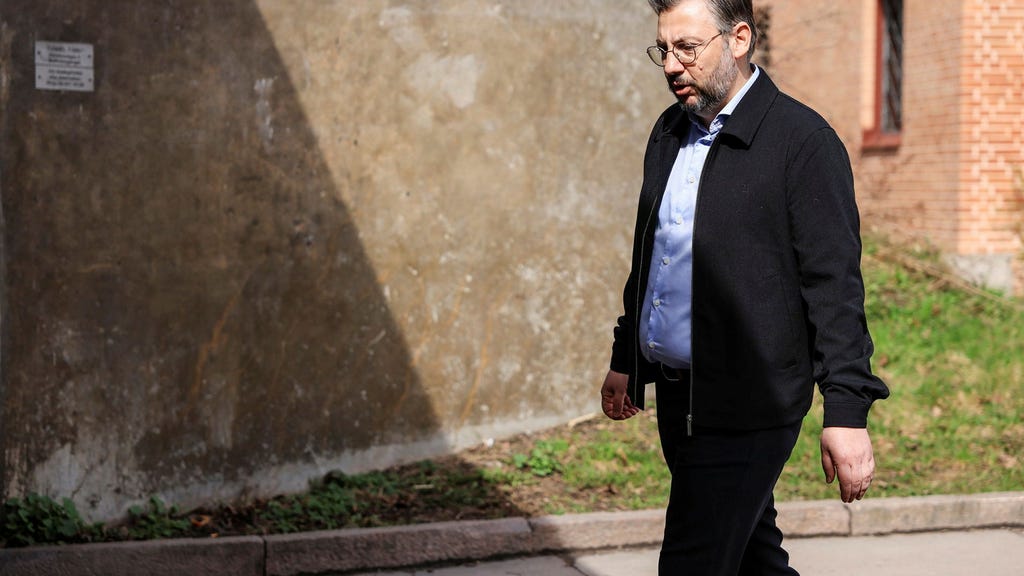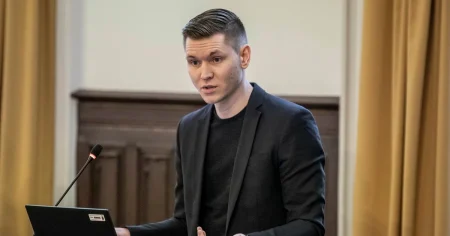Muharrem Demirok’s leadership of the Center Party is facing intense scrutiny as the party continues to grapple with the aftermath of a disappointing electoral performance. The anticipated revitalization under his leadership has yet to materialize, leaving the party searching for direction and raising questions about Demirok’s ability to command the authority needed to steer the Center Party back to its former strength. His initial promise of a fresh start has faded against the backdrop of persistent challenges, prompting a critical examination of his leadership style, strategic vision, and capacity to unify a party seemingly adrift. The pressure mounts as internal doubts surface and external critics amplify their concerns, leaving Demirok in a precarious position as he fights to secure his political future and the fate of the Center Party.
The circumstances surrounding Demirok’s ascension to leadership contributed to the high expectations placed upon him. The Center Party, historically a significant force in Swedish politics, had suffered a setback in the previous election, prompting a desire for change and renewal. Demirok, with his relatively fresh face and promises of a modernized approach, was seen as the individual capable of breathing new life into the party. He presented a vision that sought to bridge divides and attract a broader base of support, appealing to both traditional Center Party voters and those disillusioned with the existing political landscape. This initial optimism, however, has gradually eroded as the party struggles to translate rhetoric into tangible progress, leaving Demirok struggling to consolidate his leadership and deliver on the promised transformation.
The challenges facing Demirok are multifaceted and deeply rooted in the complexities of the current political climate. The rise of populist and nationalist movements has fragmented the electorate, making it increasingly difficult for centrist parties like the Center Party to carve out a distinct and appealing political space. The party’s traditional strongholds, particularly in rural areas, are facing demographic shifts and economic pressures, further complicating efforts to maintain a cohesive and energized voter base. Additionally, the Center Party’s historical role as a bridge-builder between different political factions has become increasingly difficult to navigate in an increasingly polarized political landscape. These external pressures have amplified the internal challenges facing Demirok, creating a perfect storm that threatens to derail his leadership.
One of the most pressing issues facing Demirok is the perceived lack of a clear and compelling political narrative. While he has articulated broad goals of modernization and inclusivity, critics argue that these pronouncements lack concrete policy proposals and a coherent vision for the future of the Center Party. This ambiguity has left many voters unsure of what the party stands for and where it is headed, contributing to a sense of stagnation and drift. The absence of a strong and unifying narrative has also exacerbated internal divisions within the party, with different factions vying for influence and struggling to coalesce around a shared sense of purpose. This lack of clarity and direction has undermined Demirok’s authority and hampered his ability to effectively lead the party.
Another critical factor contributing to Demirok’s struggles is the perception of a disconnect between the party leadership and the grassroots membership. Many within the Center Party feel that their voices are not being heard and that the leadership is out of touch with the concerns of ordinary voters. This disconnect has fueled resentment and a sense of disillusionment, particularly among long-time party members who feel that the Center Party is losing its traditional values and identity. This erosion of trust has weakened the party’s organizational strength and made it more difficult to mobilize support for Demirok’s leadership. Rebuilding this trust and fostering a sense of shared purpose between the leadership and the grassroots is crucial for the Center Party’s future.
The path forward for Muharrem Demirok and the Center Party remains uncertain. He faces the daunting task of regaining the trust of the party faithful, articulating a clear and compelling political vision, and navigating the complex and challenging political landscape. Whether he can successfully overcome these obstacles and lead the Center Party to a resurgence remains to be seen. The coming months will be critical for Demirok as he strives to consolidate his leadership, unify the party, and chart a course towards a more secure and prosperous future for the Center Party. His success or failure will not only determine his own political fate but also have significant implications for the broader Swedish political landscape.














